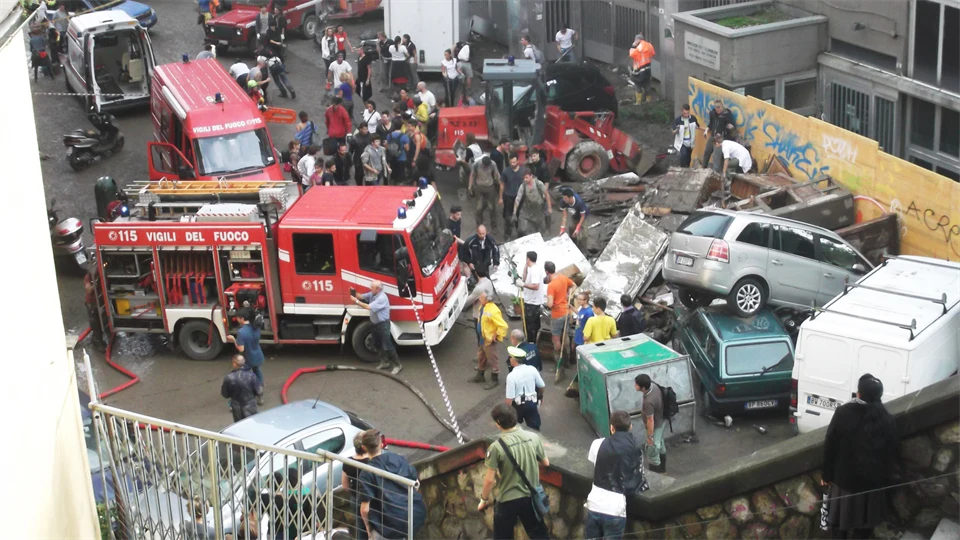From expert question to global politics – how disasters became political
In recent decades, disaster risk has become an important global political issue – from previously being a narrow area of expertise. Risk and crisis researcher Jörgen Sparf has taken a closer look at the development.
In a new scientific review, Jörgen Sparf, professor of sociology at the Risk and Crisis Research Centre (RCR) at Mid Sweden University, shows how disaster risk reduction has evolved – from being a local issue handled by technical experts to becoming a central policy issue at the highest political level and part of the UN: s global agenda.
"Historically, disasters have been handled as isolated events, where the focus was on emergency help rather than preventive work. Over time, research has shown that it is not nature itself that causes disasters, but how societies are organized – who lives where, how buildings are constructed and who has access to resources. It is not only the storm that is dangerous, but the unequal society it hits. Disasters do not affect everyone equally – they expose and reinforce already existing inequalities in society," says Jörgen Sparf, professor of sociology at the Risk and Crisis Research Centre (RCR) at Mid Sweden University.
The UN's work on disaster risk reduction has evolved in line with this insight. From the relief resolutions of the 1970s to today's Sendai framework, the focus has shifted from reactive rescue operations to proactive risk management. The United Nations Office for Disaster Risk Reduction (UNDRR) currently plays a key role in coordinating international efforts, disseminating research and influencing national policy.

Jörgen Sparf, Professor of Sociology at the Risk and Crisis Research Centre (RCR) at Mid Sweden University.
"Disasters are no longer just an issue for engineers and emergency services. They are a mirror of our societies – and an opportunity to build them stronger, fairer and more resilient," says Jörgen Sparf.
In his scientific review, he also shows how disaster risk reduction has gone from being a "policy without an audience" – where experts governed without broad support – to a "policy with an audience", where large parts of society, including civil society, the media and social movements are engaged. Disasters such as the 2004 tsunami and Hurricane Katrina have served as wake-up calls, climate change is increasing engagement and social media has given people new tools to participate in disaster management themselves.
"There are still challenges. The work risks becoming too broad and losing focus if all groups are treated equally. To succeed, policy must be designed with an understanding of the vulnerability of different groups – from poor coastal communities to high-income urban areas," says Jörgen Sparf.
Jörgen Sparf's scientific review is published as a chapter titled "Disaster Risk Reduction: The Evolution of an International Agenda" in the "Handbook of Public Policy Agenda Setting". The chapter is primarily aimed at researchers, policy makers and practitioners in disaster management.
Contact person:
Jörgen Sparf, Professor of Sociology at Mid Sweden University, 010-142 82 76, jorgen.sparf@miun.se
Contact

